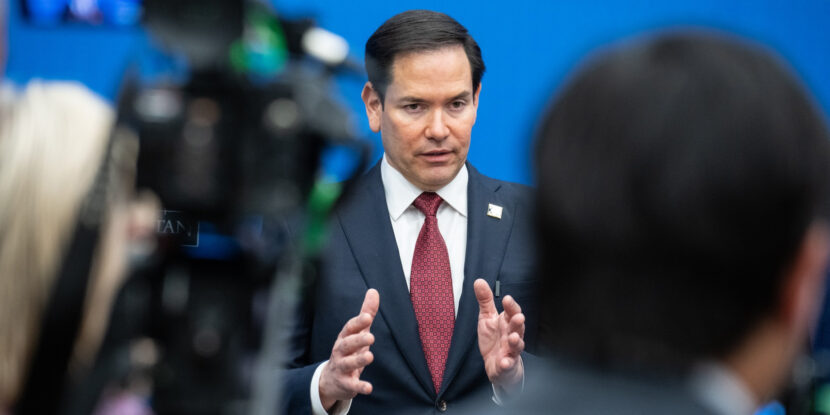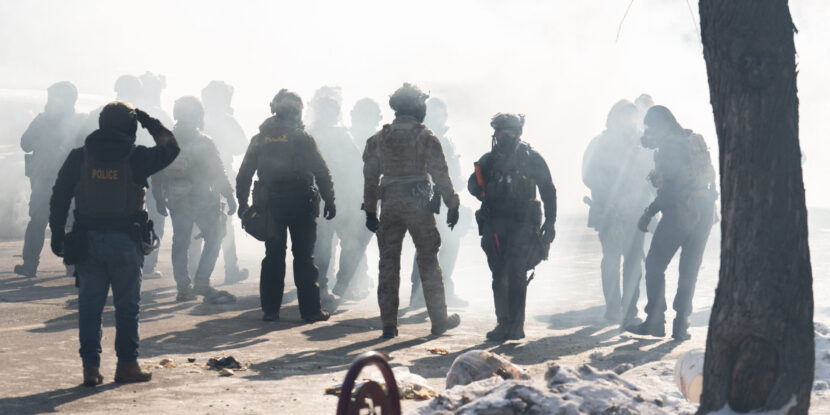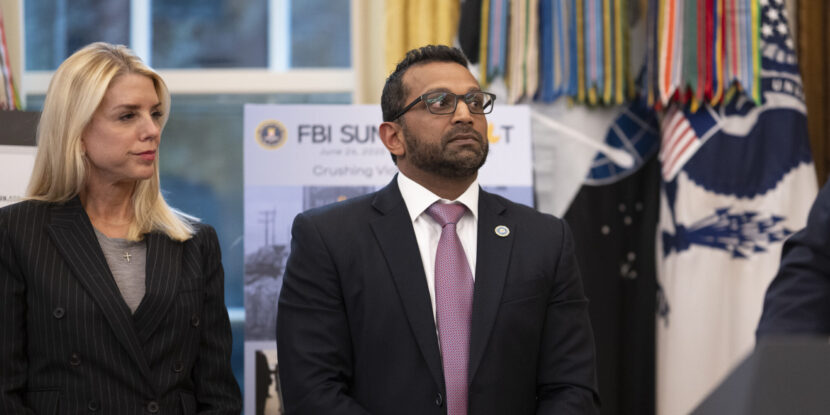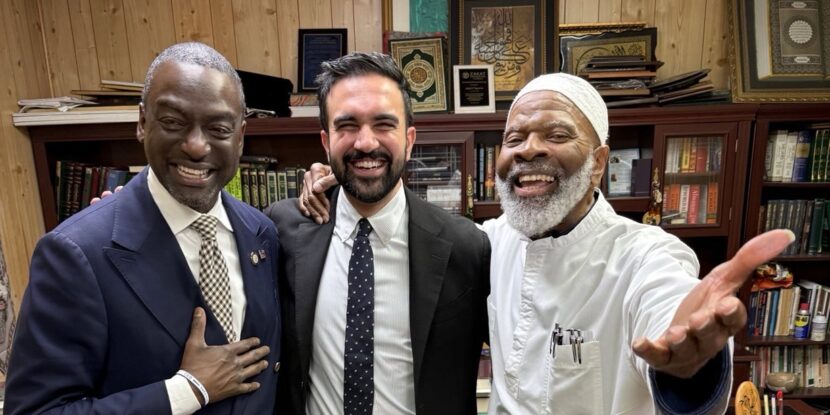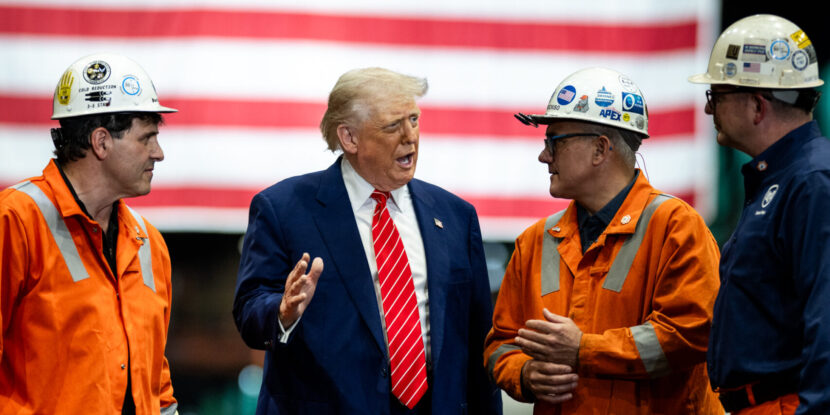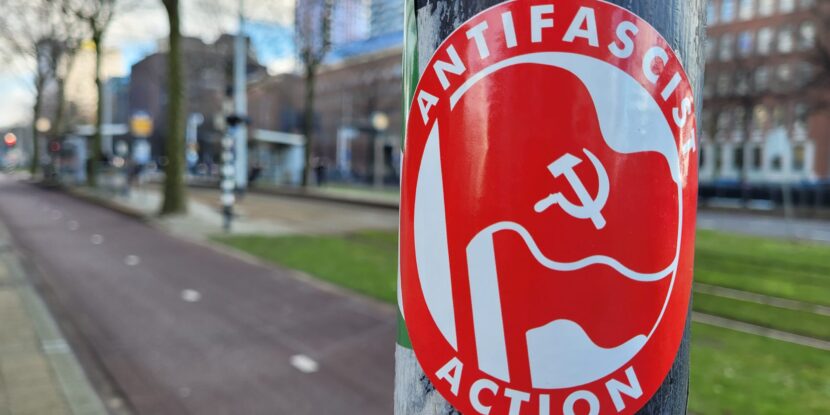❓WHAT HAPPENED: Secretary of State Marco Rubio announced that the Trump administration is intensifying its efforts against drug cartels by targeting them before they reach U.S. soil.
👤WHO WAS INVOLVED: President Donald J. Trump, Secretary of State Marco Rubio, and cartels and crime syndicates designated as Foreign Terrorist Organizations (FTOs), including Venezuela’s Tren de Aragua.
📍WHEN & WHERE: Recent press conference in Mexico and ongoing operations in the Southern Caribbean Sea near Venezuela.
💬KEY QUOTE: “What will stop them is when you blow them up. You get rid of them.” – Marco Rubio
🎯IMPACT: The U.S. has launched a new offensive against narco-terrorist organizations, signaling a shift in strategy to preemptively strike cartel operations.
President Donald J. Trump’s administration is intensifying its approach to combating international drug trafficking, shifting focus from interception at the U.S. border to proactive military action abroad. Secretary of State Marco Rubio outlined the new strategy during a press conference in Mexico, stating that the United States will now strike drug traffickers before they reach American soil.
“Interdiction doesn’t work because these drug cartels, what they do is they know they’re going to lose two percent of their cargo. They bake it into their economics,” Rubio said. “What will stop them is when you blow them up. You get rid of them.”
Rubio referenced a recent military operation in which U.S. intelligence tracked a drug boat associated with the Venezuelan criminal organization Tren de Aragua. “Instead of interdicting it, on the President’s orders, we blew it up, and it will happen again. Maybe it’s happening right now, I don’t know,” he said. The strike was carried out in the Southern Caribbean and resulted in the deaths of 11 traffickers. No U.S. personnel were harmed.
President Trump later confirmed the military action and warned drug traffickers: “Please let this serve as notice to anybody even thinking about bringing drugs into the United States of America. BEWARE!”
The move follows the deployment of U.S. military forces to waters near Venezuela, a country the administration accuses of harboring and supporting hostile criminal networks. Venezuelan President Nicolás Maduro, who is under a $50 million U.S. bounty for alleged cartel connections, condemned the strike and called it “the biggest threat” to regional stability in a century.
In addition to military actions, Trump has legally escalated his anti-cartel policy. In early 2025, he signed an executive order designating multiple transnational criminal groups, including the Sinaloa Cartel, Jalisco New Generation Cartel, MS-13, and Tren de Aragua, as Foreign Terrorist Organizations (FTOs). This designation took effect in February and marked a historic shift in how the U.S. classifies and targets cartels.
Trump also attempted to invoke the Alien Enemies Act of 1798 to authorize the detention and deportation of cartel members in the U.S., particularly those linked to Tren de Aragua. A federal court later ruled that the application of the law was unlawful, but this may be appealed, and removals continue under separate laws.
The Trump administration’s aggressive posture follows a series of violent cartel incidents, including a January firefight in Starr County, Texas, where Mexican cartel operatives opened fire on U.S. Border Patrol agents. Officials described the encounter as part of a growing trend of cross-border attacks.
Join Pulse+ to comment below, and receive exclusive e-mail analyses.
